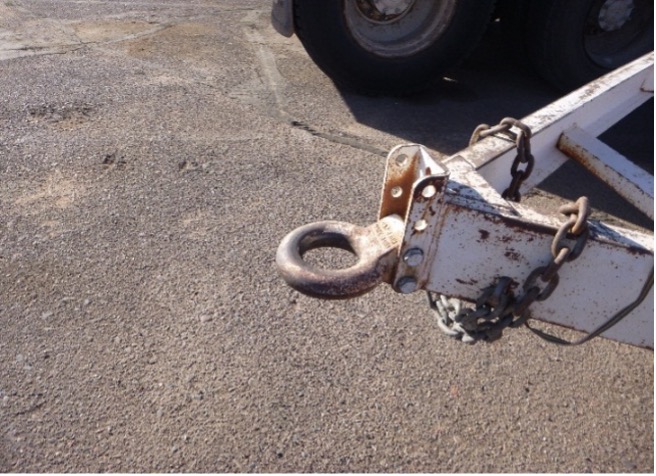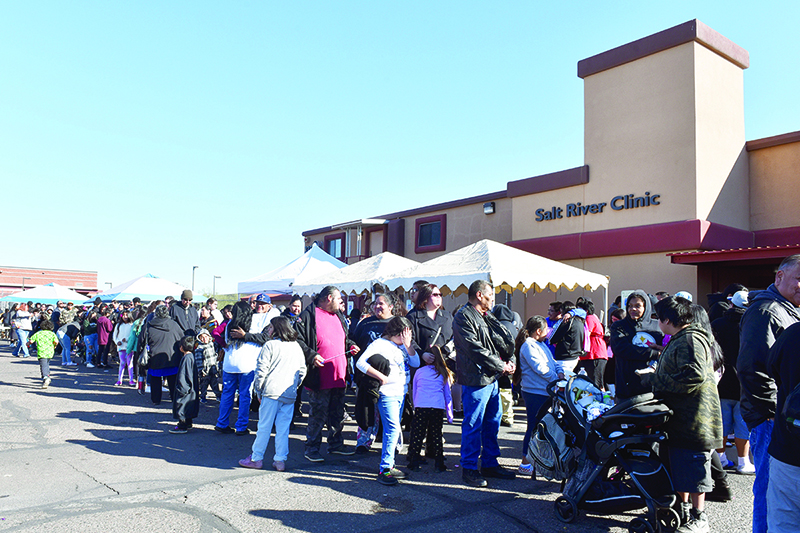VIEWS: 2643
February 27, 2020What Is the Coronavirus?
By Marissa Johnson
O’odham Action News
marissa.johnson2@srpmic-nsn.gov
A new type of coronavirus that originated in China is spreading to other countries around the world. According to the U.S. Centers for Disease Control and Prevention, the outbreak began in Wuhan, China, with the virus linked to a seafood and animal market.
The number of people affected changes daily; most likely to be affected are people living in or who have recently visited Wuhan, China. CNN reports major international airlines such as American Airlines, Delta and United Airlines, to name a few, have suspended flights from mainland China until the beginning of March or longer. Americans who have traveled to China in the past 14 days are sent to one of the 11 designated airports including, John F. Kennedy International Airport and Los Angeles International Airport where the passengers are screened before entering the U.S.
According to the CDC, “For the general American public, who are unlikely to be exposed to this virus, the immediate health risk from 2019-nCoV is considered low at this time. The goal of the ongoing U.S. public health response is to detect new cases quickly and prevent further spread of 2019-nCoV in this country.”
At press time, at least seven U.S. states have confirmed cases of the illness including California eight cases, Illinois two cases, Texas one case, Washington one case, Massachusetts one case, Wisconsin one case and Arizona one case.
With a case of this coronavirus occurring so close to home, Salt River Schools and Salt River Pima-Maricopa Indian Community members and employees were warned about the illness through their social media outlets.
Here are some health tips:
- Wash your hands for 20 seconds or longer with soap and warm water. If no soap or water is readily available, use hand sanitizer.
- Cover your mouth when you cough.
- Avoid close contact with people who are sick.
- Clean and disinfect frequently touched objects and surfaces.
- Stay at home if you are sick to avoid spreading illness to others.
- Avoid touching your eyes, nose and mouth with unwashed hands.
- Get the flu vaccine every year.
- See your doctor if you develop fever and respiratory systems.
If you have travelled to China, have come into contact with someone who has travelled to China, and are concerned that you have symptoms, please contact the SRPMIC Public Health Nurse (‘Ask a PHN’) at (480) 274-5545
For information on the Public Health Emergency Preparedness Program and how you can participate reach out to Kirsten VanDeventer (480) 531- 2677.






